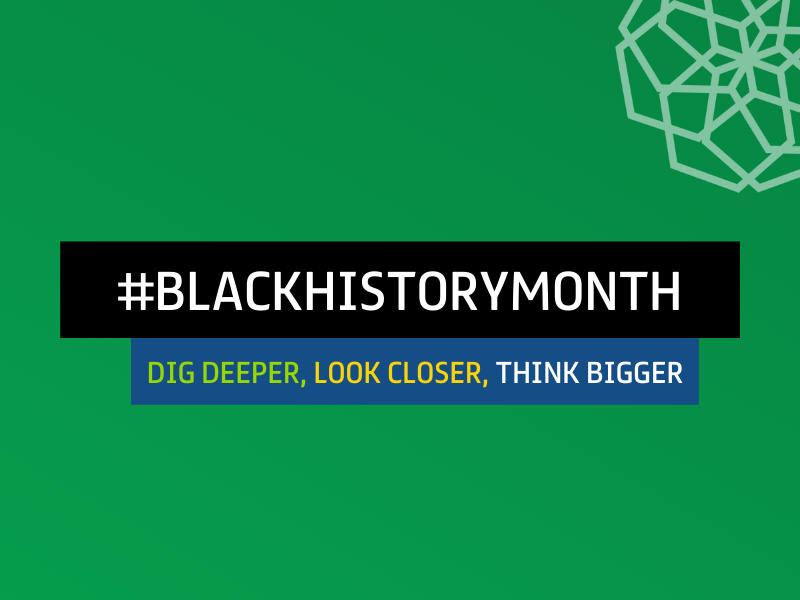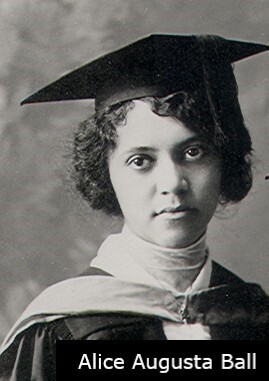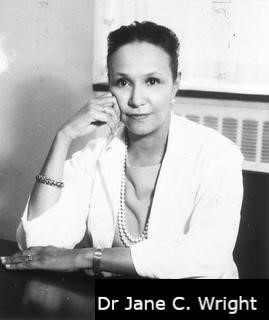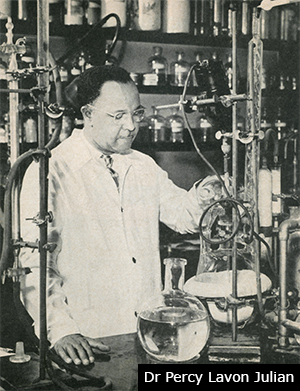
The theme of this year’s Black History Month is “Dig Deeper, Look Closer, Think Bigger”. At the Society, we will be doing this by:
- celebrating Black contributions to pharmacology and drug development;
- researching hidden stories, which will include asking our members to tell us about the people whose contributions have been overlooked or erased, and
- looking to the future to see what needs to change, both in terms of equal access to pharmacology as a career, and to the benefits of pharmacology research and healthcare.
.aspx?) In exploring Black contributions to pharmacology, we contacted the Society archivist who was unable to uncover any stories from our archives. We are grateful to LiveScience, who have curated this list of ‘amazing Black scientists’ including stories about Alice Augusta Ball (1892-1916) who developed a successful treatment for Hansen's Disease (leprosy) and Dr Percy L Julian (1899 -1975) who discovered how to synthesise medicinal chemicals from plants, including physostigmine which became a treatment for glaucoma.
In exploring Black contributions to pharmacology, we contacted the Society archivist who was unable to uncover any stories from our archives. We are grateful to LiveScience, who have curated this list of ‘amazing Black scientists’ including stories about Alice Augusta Ball (1892-1916) who developed a successful treatment for Hansen's Disease (leprosy) and Dr Percy L Julian (1899 -1975) who discovered how to synthesise medicinal chemicals from plants, including physostigmine which became a treatment for glaucoma.
We also wanted to highlight the contribution of Dr Jane C. Wright (1919–2013) who developed tumour tissue cultures to test chemotherapy drugs, developing a dose-varying protocol that allowed her to balance safety and effectiveness in patients.
.aspx ) We want to actively uncover more: we will do our research as an organisation, including asking our members and community to get in touch to tell us about hidden stories of Black contributions to pharmacology and drug development. We also want to extend this call for other under-represented groups. We will use the information we gather in this phase as we continue to scope further Society work.
We want to actively uncover more: we will do our research as an organisation, including asking our members and community to get in touch to tell us about hidden stories of Black contributions to pharmacology and drug development. We also want to extend this call for other under-represented groups. We will use the information we gather in this phase as we continue to scope further Society work.
Telling stories, however, is not enough. In our comment on #blacklivesmatter, we stated that we “must acknowledge that racism is structurally embedded into systems and processes across our society, including within science and health. This has a systemic effect on representation and experience”. We want to be honest about Black representation in our community. The diversity information that members have disclosed tells us that, until very recently, we did not have a single Black Fellow or Black Honorary Fellow. Therefore, celebrating the contributions of Black people will be hollow if, at the same time, we do not take responsibility to address the structural power imbalances within our Society and community that have led to under-representation in the first place:
- We need to make sure that we recognise those in our community who are seeking to make change in organisations, education and research. In partnership with AstraZeneca, we launched a new prize for contributions to equality, diversity and inclusion in 2019. We had previously estalished a teaching prize and widened criteria for our prizes to include evidence of non-research contributions (such as public engagement) for other prizes. We are planning to continue our review of prizes and awards to ensure that we recognise and reward the full breadth of contributions to pharmacology, which we hope will contribute to a positive research culture. We are also reviewing the language and approach we use when communicating our prizes, and awards and our approach to recognising Fellows to ensure we reach the widest pool of people.
- Our Education & Training Committee is beginning work to decolonise and diversify the pharmacology curriculum. The aim of this work is for the contributions of people from a diversity of backgrounds to be represented in pharmacology teaching, and to make pharmacology content inclusive. We’d also like to recognise the work of student associations, such as the African Caribbean Medical Association, in this area and in widening participation. We will continue our discussions with this group and other stakeholders to explore how we can work together.
- We co-sponsored an EDIS Group symposium on inclusive research and experimental design, including a session on ethnicity and ancestry in genomics. It is important that we consider how pharmacology research and healthcare needs to change to ensure that everyone has the opportunity to benefit from it.
- We need to collect better data, so we can hold ourselves to account. Just one third of members provide data on ethnicity. We also do not have good diversity data on applications for Society awards and recognition. The Society is currently working on a new approach to diversity data collection that is streamlined across our activities and in line with current good practice.
 The Society is committed to equality, diversity and inclusion. This is embedded in our strategy, which has set the stage for the work we have started and are dedicated to.
The Society is committed to equality, diversity and inclusion. This is embedded in our strategy, which has set the stage for the work we have started and are dedicated to.
We want to make change. Get in touch with us via policy@bps.ac.uk to share hidden stories about contributions to pharmacology and drug development. You might be an educator already using such stories in your teaching, or you may know about them from your research, or from your work to improve representation in pharmacology. We will share these stories on our website and the response from our membership will also help us decide how best to direct Society resource as we set our 2021 business objectives. In parallel, we have begun assembling an Education working group as part of developing our approach to diversify and decolonise the pharmacology curriculum – please also get in touch if you’d like to know more.
We have also opened a call for submissions to hear about what you are already doing to support equality, diversity and inclusion in pharmacology - we want to explore how we may be able to work together. Please send a short summary of your work indicating whether you’d be interested in showcasing this at our annual meeting. The deadline for submissions is 10am, Monday 2 November 2020.
If you feel that there is anything else we should be thinking about or focusing on, please also get in touch.
To discuss this work, please contact Anna Zecharia via email (anna.zecharia@bps.ac.uk) or through the BPS Community.
Photo credits:
1. Alice Augusta Ball, 1926, Author Unknown
2. Dr Jane C. Wright, Unknown date, National Library of Medicine
3. Percy Julian, African American chemist, c. 1940s, Everett Collection / Courtesy Everett Collection - stock.adobe.com